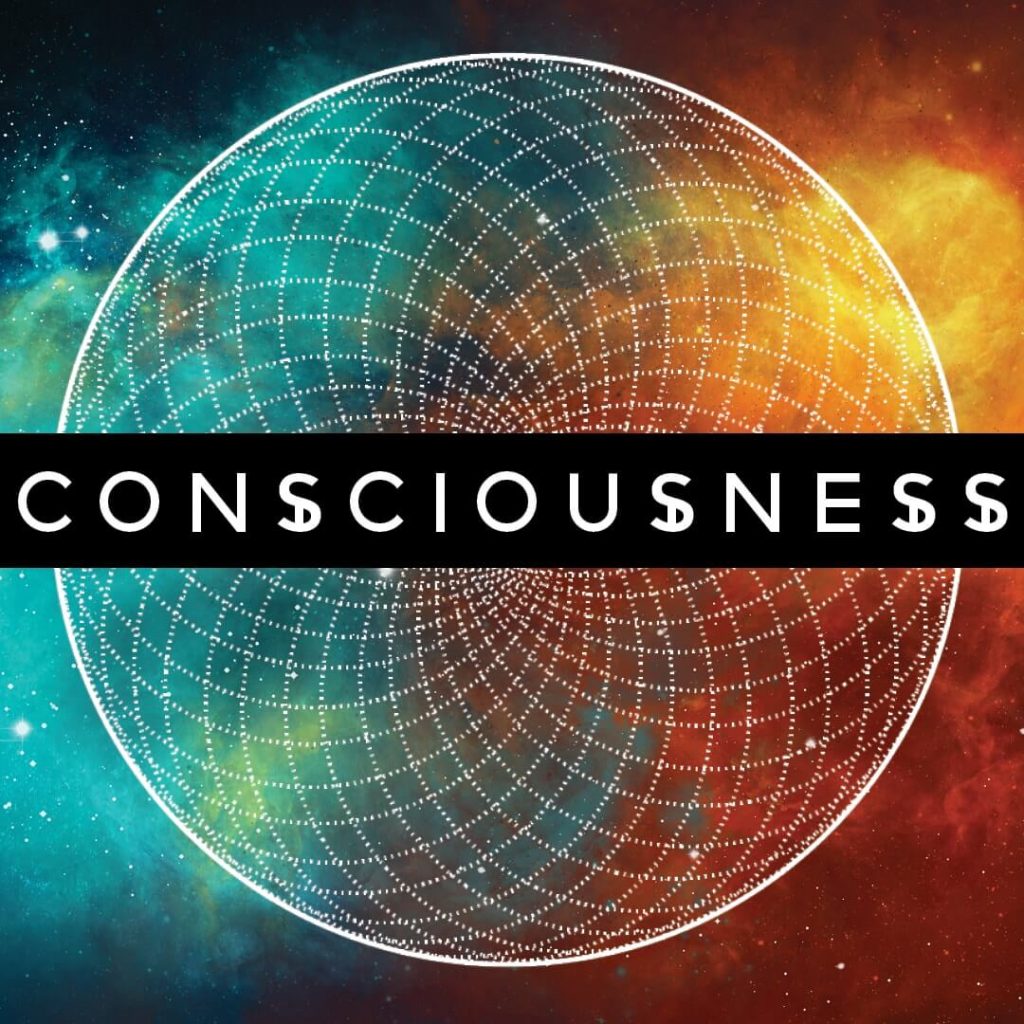In both Buddhism and neuroscience, the concepts of brain, mind, and consciousness play vital roles in understanding human existence and awareness. While Buddhism offers a philosophical and spiritual perspective, neuroscience approaches these concepts from a scientific and empirical standpoint....
In both Buddhism and neuroscience, the concepts of brain, mind, and consciousness play vital roles in understanding human existence and awareness. While Buddhism offers a philosophical and spiritual perspective, neuroscience approaches these concepts from a scientific and empirical standpoint.
This article aims to explore how Buddhism explains the brain, mind, and consciousness, provide clear examples, explain the differences between these concepts, and highlight the importance of understanding them. We will also touch upon the perspective of neuroscience to provide a comparative analysis.
The Buddhist Perspective:
Buddhism views the brain, mind, and consciousness as interconnected elements shaping human experience and reality. According to Buddhist teachings, the mind is the primary factor of one’s experiences and perceptions, while consciousness serves as the underlying foundation of awareness.
The Brain:

In Buddhism, the brain is considered a physical organ responsible for processing sensory information and generating mental states. It is similar to a computer processor that receives inputs from the environment, processes them, and produces corresponding outputs. While the brain is crucial for cognitive functions, Buddhism emphasises that the mind’s activities are not solely dependent on the brain.
The Mind:

The mind is often referred to as “citta” and encompasses thoughts, emotions, and mental processes. It is not limited to the physical brain and extends beyond it. It is considered to be an ever-changing stream of mental phenomena rather than a fixed, permanent entity. The mind is seen as a dynamic process that arises and ceases due to various causes and conditions. It is believed to be the driving force behind actions and the creator of one’s subjective reality.
Imagine observing a beautiful sunset. The brain receives visual stimuli, processes them, and generates neural activity. Simultaneously, the mind perceives the sunset, experiences awe or tranquillity, and generates corresponding feelings and thoughts. Buddhism emphasises that the mind’s experience of the sunset goes beyond mere neural processes and involves subjective interpretation and emotional engagement.
Buddhism recognises different levels or aspects of mind. One of the fundamental teachings is the distinction between conceptual mind and nonconceptual mind. The conceptual mind is characterised by ignorance, attachment, and suffering, while the nonconceptual mind is free from delusion and is characterised by wisdom, compassion, and liberation.
One important aspect of the Buddhist understanding of mind is the concept of non-self or the emptiness of self. According to Buddhism, there is no permanent, unchanging self or soul that exists independently. Instead, the mind and all mental phenomena are seen as impermanent and devoid of inherent selfhood. This understanding challenges the notion of a fixed, enduring self and is a key aspect of the Buddhist teachings on liberation from suffering.
It’s important to note that the concept of mind in Buddhism is vast and multifaceted, and different Buddhist traditions may have variations in their understanding and terminology. However, the fundamental idea of the mind as a dynamic, ever-changing process and the exploration of its nature as a means to liberation are common threads across Buddhist teachings.
Consciousness:

The concept of consciousness is complex and multifaceted, and it is often discussed in relation to the theory of mind and the nature of human existence. The Buddhist understanding of consciousness is different from the conventional Western understanding.
According to Buddhist teachings, consciousness refers to a continuum of mental states or experiences that arise and cease in each moment. It is not considered as an eternal, unchanging entity or a self. Instead, consciousness is seen as a dynamic process without a fixed essence.
Buddhism recognizes the concept of “dependent origination” or “dependent arising,” which explains the interdependent nature of all phenomena, including consciousness. According to this doctrine, consciousness arises dependently on the presence of various conditions, such as sensory organs, sense objects, and mental processes.
Buddhist philosophy also asserts that consciousness is impermanent, constantly changing, and devoid of inherent existence or self-nature. It arises and passes away in a continuous stream of moments, influenced by causes and conditions. This understanding aligns with the broader Buddhist concept of impermanence and the absence of a permanent, unchanging self.
Moreover, Buddhism emphasizes the cultivation of mindfulness and insight meditation as a means to gain direct experiential insight into the nature of consciousness and reality. Through meditation and contemplation, practitioners aim to develop a deep understanding of the transient and conditioned nature of consciousness, leading to insights that can liberate them from suffering and delusion.
The Importance of Understanding Brain, Mind, and Consciousness:
Understanding the interplay between brain, mind, and consciousness holds significant implications for personal well-being, spiritual development, and the alleviation of suffering. Buddhism emphasises the importance of comprehending these concepts for the following reasons:
Self-Awareness and Liberation:
By understanding the nature of the mind and its connection to consciousness, individuals can cultivate self-awareness and gain insights into the causes of suffering. Buddhism teaches that recognising the impermanent, interdependent, and selfless nature of the mind and consciousness leads to liberation from attachment, craving, and suffering.
Ethical Conduct:
Understanding the mind’s role in shaping thoughts, emotions, and actions enables individuals to cultivate ethical behaviour. By recognising the impact of their mental states on their actions and the interconnectedness of all beings, individuals can promote compassion, empathy, and a sense of responsibility towards others.
Neuroscience’s Perspective:
Neuroscience, as a scientific field, seeks to understand the brain, mind, and consciousness through empirical research, brain imaging techniques, and neurobiological studies. While neuroscience focuses on the physical aspects of these phenomena, it provides valuable insights that complement the Buddhist perspective.
The Brain:
From a neuroscience standpoint, the brain is a complex organ composed of neurons and intricate neural networks. It is responsible for processing sensory information, regulating bodily functions, and generating cognitive processes. Neuroscientific research has revealed the brain’s role in shaping emotions, memories, and behaviour.
The Mind:
Neuroscience recognises the mind as the subjective experience and mental processes that arise from the brain’s activities. It acknowledges that the mind emerges as a result of neural processes and interactions within the brain. Cognitive neuroscience investigates how neural networks give rise to mental processes such as perception, attention, memory, and decision-making.
Through brain imaging techniques like functional magnetic resonance imaging (fMRI), researchers can observe the brain’s activity while individuals engage in various mental tasks. These studies provide insights into how different brain regions are involved in specific cognitive functions, giving rise to the mind’s experiences. But what it is unable to do is to see exactly what the person is thinking.
Consciousness:
Neuroscience approaches consciousness as the state of awareness and subjective experience. Although the exact nature of consciousness remains a topic of ongoing research and debate, neuroscientists study the neural correlates of consciousness (NCC) to understand the relationship between brain activity and conscious states.
Research on NCC has identified brain areas associated with specific conscious experiences, such as visual perception or self-awareness. By studying patients with brain injuries or disorders, scientists can explore how alterations in brain function affect consciousness.
Comparative Analysis:
While Buddhism and neuroscience approach the brain, mind, and consciousness from different perspectives, there are areas of convergence between the two.
Buddhism provides a holistic and philosophical viewpoint, focusing on the subjective experience, the nature of suffering, and the path to liberation. It emphasises the role of mental states, emotions, and consciousness in shaping human existence. Neuroscience, on the other hand, offers empirical evidence and neurobiological explanations for the processes underlying the mind and consciousness.
Both Buddhism and neuroscience acknowledge the dynamic and interconnected nature of brain, mind, and consciousness. They recognise that mental processes arise from neural activities, and subjective experiences emerge from the interplay between the brain and the external world. Both perspectives highlight the impermanent and ever-changing nature of these phenomena.
To gain a deeper understanding of brain, mind, and consciousness, a synthesis of Buddhist insights and neuroscientific findings can be beneficial. Integrating contemplative practices and mindfulness-based interventions with neuroscience research allows for a more comprehensive understanding of the human mind and its potential for transformation.
In conclusion, Buddhism and neuroscience provide distinct yet complementary perspectives on the brain, mind, and consciousness. Buddhism emphasises the subjective experience, the role of the mind in shaping reality, and the path to liberation from suffering. Neuroscience focuses on the physical aspects of these phenomena, investigating the brain’s neural processes and their relationship to consciousness. By integrating these perspectives, we can develop a more holistic understanding of human existence, cultivate self-awareness, and explore the potential for personal growth and well-being.
If you would like to become a supporter of Buddhism Guides work, such as podcasts, blogs, videos and guided meditation practices, please visit here. You can support for as little as $2 a month.










